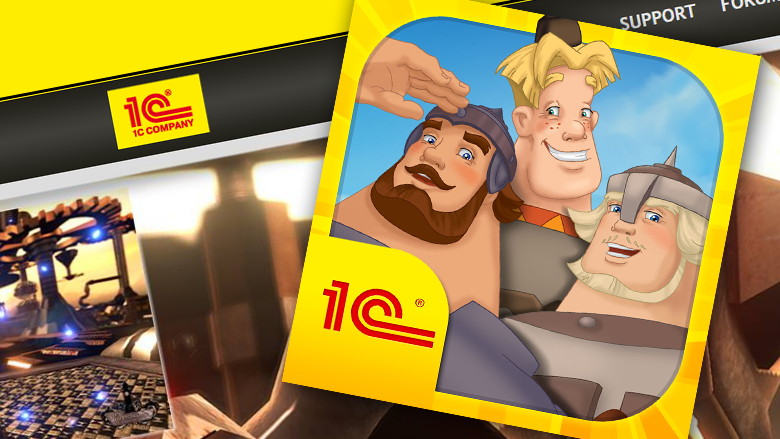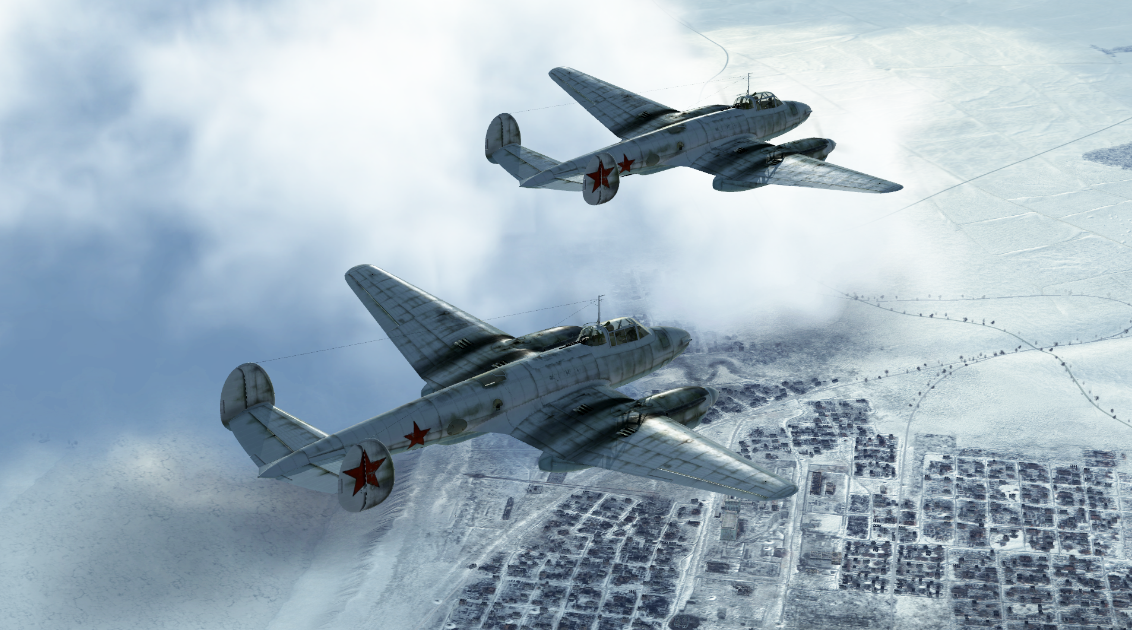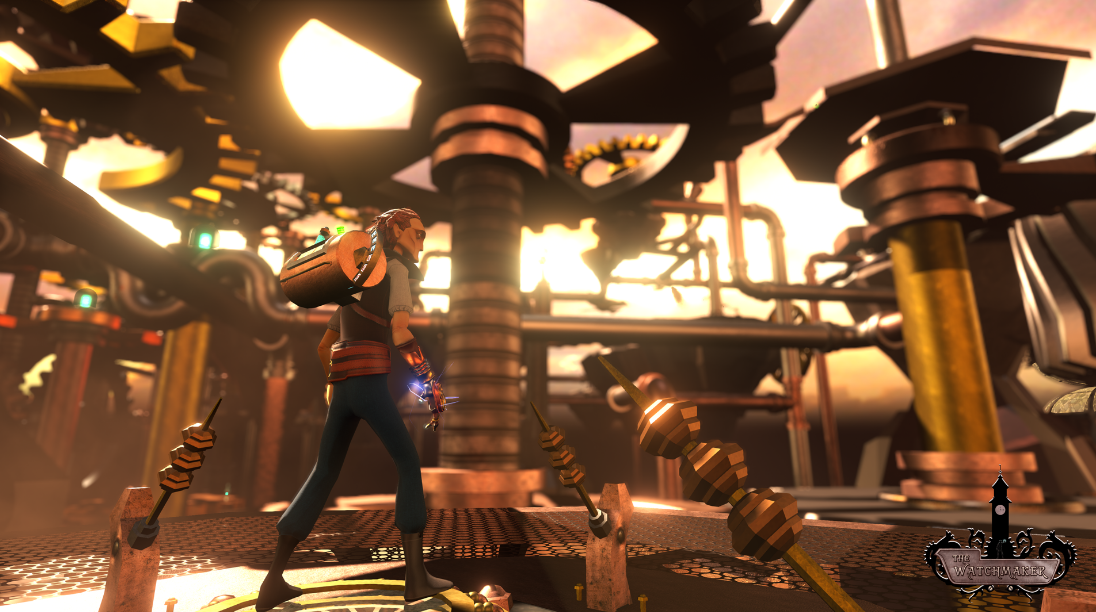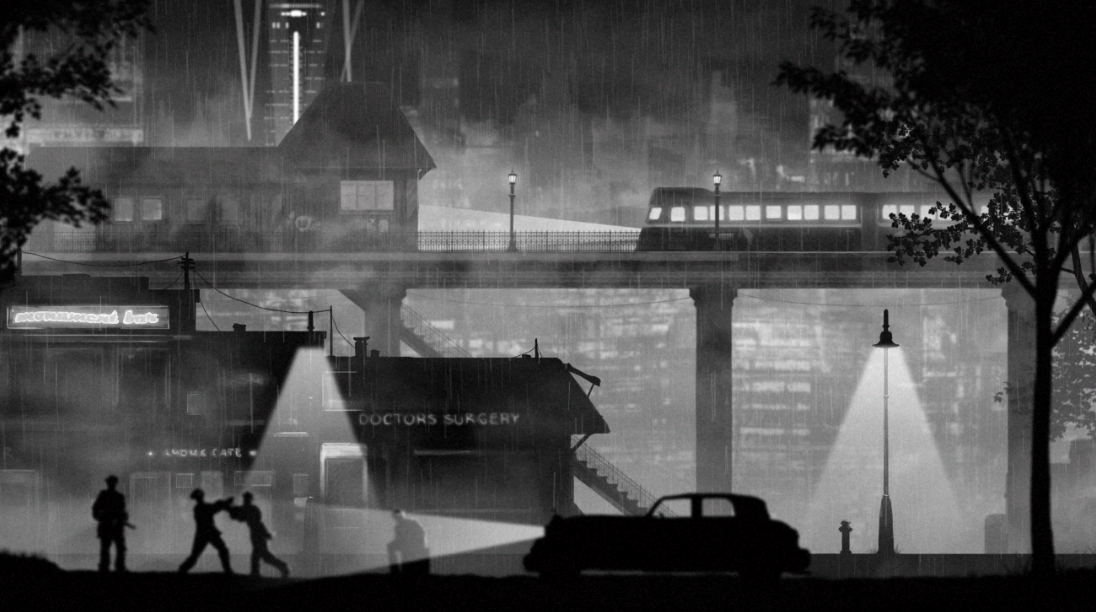1C: the retail market in Russia is a huge segment with a volume of hundreds of millions of dollars
About the Russian retail market and what 1C gaming division is doing today – App2Top.ru I talked with Nikolai Baryshnikov, the head of the 1C Company gaming department.

Hi! Before the crisis of 2008-2009, after which the entire domestic gaming retail was ordered to live for a long time, 1C was the main Russian publisher. After the crisis, reshuffles began, a merger with SoftClub took place, and a move into distribution. But it was all quiet. Could you restore the chronology of what happened to the 1C gaming division from 2009 to 2016?

Nikolay BaryshnikovGood afternoon!
I’ve always been amused by phrases like “retail ordered to live a long time.” Yes, part of the market has been redistributed towards mobile games, MMO and digital distribution, but retail has not gone away. It just became more like the European and US market, where console games are on the shelves in stores, not PC products.
At the moment, the retail market in the Russian Federation is a huge segment with a volume of hundreds of millions of dollars (and this despite the radical fall in the ruble exchange rate).
It is not in our rules to issue flashy press releases about our achievements or gigantic sales figures. But as we sold games by wagons, so we sell. It’s just that there are practically no traditional cheap jewelers (which has been so radically different in Russia for many years).
The publishing strategy has also changed a little – we used to cooperate with dozens of teams in Russia, now there are many times fewer of them. Accordingly, we are also trying to work with developers of potentially successful projects, and it does not matter to me where they are located geographically. For example, during this time, the Men of War: Assault Squad series was released (developed by Digitalmindsoft, Germany), we recently signed a very interesting project with a team from Colombia. This is not a very well-known fact, but it was we who co-authored the Red Orchestra series, financing a team from the USA when they did not have the money to develop the first game.
Hits from local developers continue to come out – “Il-2 Stormtrooper: The Battle for Stalingrad”, “Il-2 Stormtrooper: The Battle for Moscow”. We are also engaged in such interesting projects as “Ilya Muromets”, and by the centenary The First World War together with the RVIO (Russian Military Historical Society) we have released a game about the world’s first bomber, created by our legendary engineer Sikorsky.

The new IL-2 Attack AircraftTo be honest, the existence of 1C Publishing came as a surprise to me.
The fact that the country’s once main PC gaming company is still functioning and publishing games is good news. Tell me, please, what is 1C Publishing today?
1C is a very large organization. Specifically, 1C Publishing has been around since 2005 and has always been engaged in organizing our international sales, cooperating with both retail distributors and online platforms. So there is nothing particularly new here. It’s just a division of 1C.
As I understood from the company’s page, 1C is now mainly focused on the Western market (there is not even a Russian version of the site). But, in general, it is not yet clear which strategy you will follow. In which direction do you plan to move?
Our strategy was simple – to make popular products for the mass market. The Russian gaming market represents about 1% of the world, so to focus only on the local market, in my opinion, is quite strange. We are proud of the fact that our planes with stars (IL-2) are successfully sold all over the world. Actually, the distribution of sales for our games is very similar to the distribution of users on Steam: most of the games are bought by Americans, Germans, British, French and so on. Of course, the 1C Publishing website is entirely in English, as I explained earlier, this is the function of this division. In Russia, the games are sold through our distributors “SoftClub” and “Buku”, in Eastern Europe – through Cenega.
What projects are you looking for and taking?
Different! Perhaps the only genre that we are not interested in is sports games. It makes no sense to compete with EA and 2K. At the same time, historically, we have always achieved success by developing and producing unusual projects: “Truckers”, “Il-2”, “Space Rangers”, “Behind enemy lines”. That’s about the kind of games I’m looking for at the moment.

The WatchmakerWhat, as a publisher, are you ready to offer developers today?
Do you finance the development, how do you conduct projects, and how closely are you ready to work with the team?
Little has changed in the publishing business during this time. Yes, we offer financing, appoint a line producer, do promotion. We also offer localization and testing by our Polish subsidiary Qloc. How closely do we work with the team? Depends on the team. More mature teams need a little help or, if you want, not to interfere, with younger ones you have to “mess around”, suggest somewhere, praise somewhere, and scold in a kind way.
I will depart a little from the previous question. You actively worked with developers when there was only retail, you work with them today, when everything has moved to digital distribution. How, in your opinion, has the approach to working with them changed and how have the developers themselves changed, in your opinion?
I am currently promoting a new thesis when working with developers. In my opinion, the publisher’s share used to be much greater, since it was much more difficult to sell games. It is not so easy to reach tens of thousands of stores around the world. The publishing and distribution process was significantly more complicated and expensive. Now we are surrounded by such wonderful sites as Steam, the road to the user is much shorter. Previously, it was necessary to spend significant amounts to promote even a super hit, now a cool game sells itself at the expense of virality. Therefore, I am ready for another redistribution of income – the developer can and should receive more. I think that 1C now has the most attractive conditions for independent studios and, especially, indie teams.
How much money can the studio, whose project you like, count on when financing the game?
I have never approached the issue of the publication of the amount of funding. 1C is a large organization, we have money. The question is different – do we believe in the project or not, what kind of PnL can we build, how much can we earn from sales? How will we share the earnings with the developer? Is there any common sense in this model? If mathematics “beats”, we take the project. We had zero-advance projects and projects that we spent seven or eight figures on before the release.
Which projects would you mention from those who are preparing for release?
From the nearest – Assault Squad 2, Renoir. In just a couple of days we will announce the continuation (spoiler – as many as two!) of one of our super-successful lines of the past years. Including on mobile platforms. At the moment, more than a dozen products on PC, consoles, iOS, Android are being prepared for release in 2016-2017. At the GC exhibition in Cologne, we will show a dozen games. It’s just that the promotion strategy has changed a little. We will make all the announcements, show the materials of their games almost before the release. We want the player to see the video screenshots, said to himself: “Yes, I want to buy it” and did not wait six months before the release.

RenoirThe last question is about the Russian market.
1C has been with the Russian gaming market almost from its very beginning. According to the history of the company until the end of the tenth, you can easily track the milestones of the industry itself. And so, starting from this retrospective, in what state, in your opinion, is the Russian gaming industry today?
The market is growing, however, we are still very small when compared with the USA or China. However, year after year, people are playing games more and more, probably two generations of children have grown up, for whom games are an integral part of life and culture. I believe that everything will be fine with us.
Thanks for the interview!